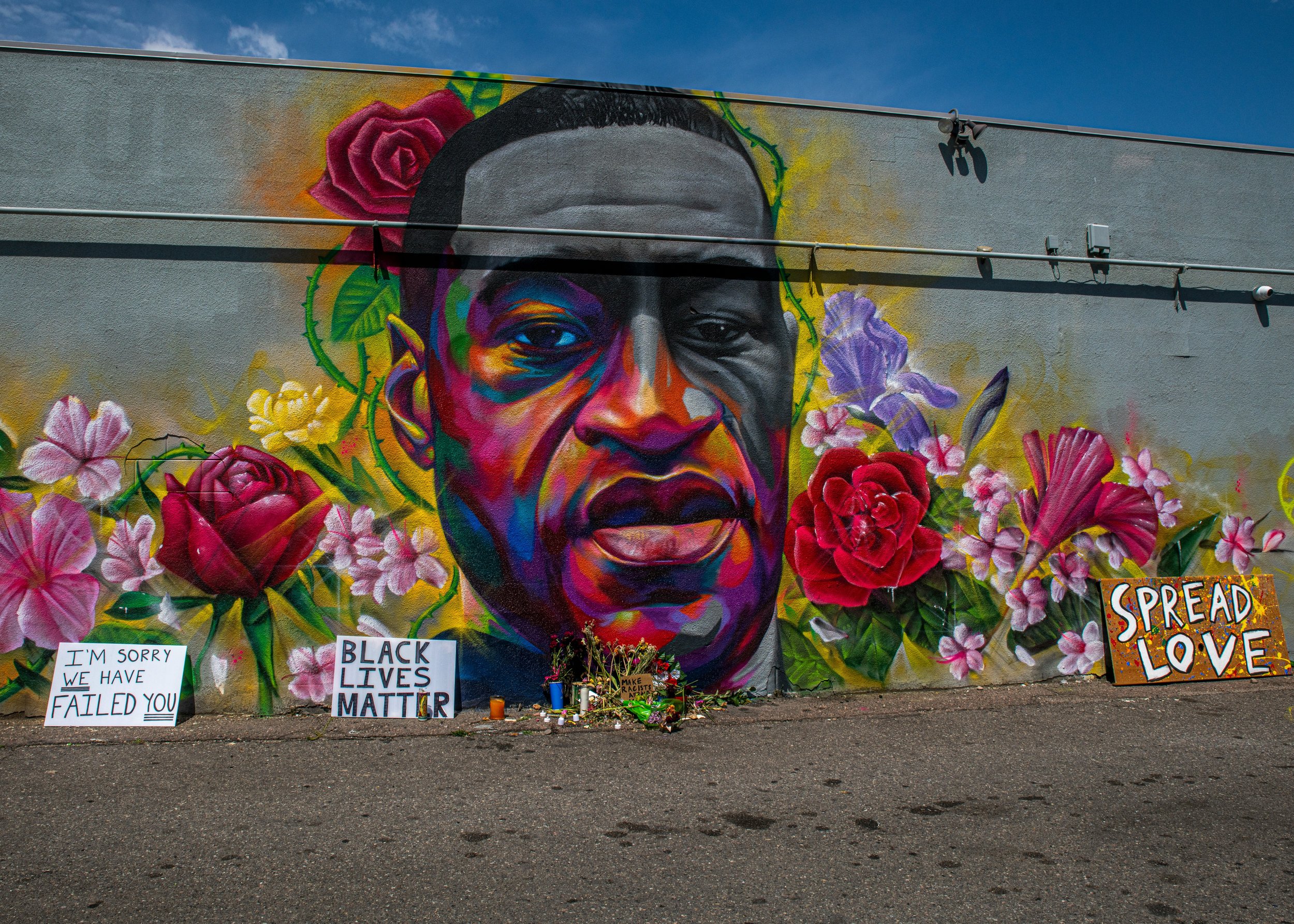#BlackLivesMatter – Sports stars and brands MUST do more
The death of George Floyd has shocked the world, broadcast across social media channels after disturbing footage of a police officer kneeling on his neck went viral.
It has provoked riots and protests across the United States, leading to more incidents of police brutality with even reporters being arrested or shot at by law enforcement officers.
The uproar over social injustice in the United States and beyond has prompted sports stars and organisations to speak out – but is it enough?
Going back almost a century, the legendary Jesse Owens won four gold medals at the 1936 Olympic Games in Berlin, embarrassing Adolf Hitler and his belief in Aryan supremacy.
Owens was perhaps the first major black athlete to become an international star, his excellence in track and field acting as a symbol of hope in an era of tyranny. It is telling that, amongst other things, he ended up working as a gas pump attendant after his retirement.
At the peak of his success in the mid-1960s, Muhammad Ali was convicted and banned from boxing after refusing the draft to fight in the Vietnam War, a conflict he opposed on religious and political grounds.
"Why should they ask me to put on a uniform and go ten thousand miles from home and drop bombs and bullets on brown people in Vietnam while so-called Negro people in Louisville are treated like dogs and denied simple human rights?" Ali commented, using his time on bail to promote African-American pride and racial injustice.
Black athletes Tommie Smith and John Carlos raised a black-gloved fist during the US national anthem after winning gold and bronze medals respectively in the 200m final of the 1968 Olympic Games.
They were protesting at a time when, much like today, there were protests about civil rights, this being the year that Martin Luther King had been assassinated and the US experienced more race riots in its cities.
LeBron James and the late Kobe Bryant were among several NBA players to wear “I can’t breathe” t-shirts in response to Eric Garner being killed by the NYPD back in 2014.
And we’ve seen in recent years that Colin Kaepernick has been vilified and accused of being unpatriotic for refusing to stand for the national anthem, his ‘taking the knee’ response effectively ending his American Football career.
The former San Francisco 49ers quarterback explained: “I am not going to stand up to show pride in a flag for a country that oppresses black people and people of colour. To me, this is bigger than football and it would be selfish on my part to look the other way.”
Drew Brees, the NFL quarterback, said that kneeling during the anthem was 'disrespecting the flag' and has since apologised for the comments but it could be argued that the damage was done by his initial reaction.
The fact that there have been protests about racism and equal rights across the world in recent days, the death of George Floyd a clear tipping point, suggests little progress has been made.
Global sports icons such as Lewis Hamilton, Coco Gauff, and Michael Jordan all shared their outrage and despair at the killing and continued societal racism.
Sports brands such as Nike and Adidas have also joined ranks with those protesting, but they need to do more than jump onto the latest hashtag and to provide genuine opportunities for black and ethnic individuals.
Adidas, for instance, has a superb track record supporting black athletes, but has only 4.5% black employees, according to a New York Times report last year.
And the Boards at many major brands, sports clubs and associations have few if any black members, while across Europe, the number of black coaches, in football, for instance, bears no reflection on the number of players involved in the game.
Whether a policy similar to the NFL’s Rooney rule needs to be adopted across all sports is a matter for further debate.
Much more needs to be done.
If the campaign to eradicate racism is to have any long-lasting effect, it needs to be unrelenting.
FIFA have indicated that players should not be punished for supporting the protests or displaying political slogans related to it.
Borussia Dortmund’s Jadon Sancho, for instance, unveiled a t-shirt after scoring against SC Paderborn while Chelsea and Liverpool players took the knee in training in a change from recent years where any ‘political’ statement was punished by the authorities.
We have seen previously that football clubs and associations get lenient fines when found guilty of racism, usually committed by their fans, and we have even seen players such as Brazilian Taison sent off after reacting to racist chants when playing for Shakhtar Donetsk against Dynamo Kiev.
Sports authorities must make it absolutely clear that those who voice their support for #BlackLivesMatter or any anti-racism/LGBT or similar causes linked to systemic prejudice will not be punished – and that any club or national federation that does not take serious measures to address bigotry if it occurs will be punished by more than small fines.
Most of the memorable protests against racism have been instigated by black athletes – but to inspire real change, sports men and women of all colours and creeds must consistently speak out, not just side by side with their black team mates or opponents but whenever they have the opportunity. Anything else is just tokenism.
Of course, sport cannot fix all of society’s ills.
Ultimately, though, while it is heartening to see such outrage at injustice and discrimination, the world of sport can play a leading role in setting a positive example and continuing to shine a light on the issues to ensure the same controversy and conversations are not being discussed 50 years from now.

